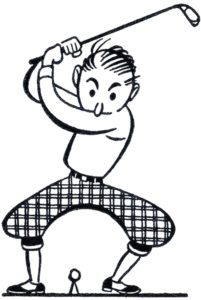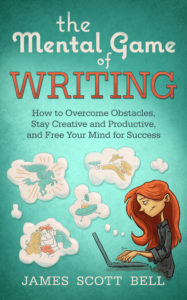A few weeks ago I spotted an article in the New York Times entitled ‘Micro-Progress and the Magic of Just Getting Started’ (you can read it here) and realized it was tailor made for us writers (especially after I’d seen a number of posts on my writing groups about writers writers feeling overwhelmed about their projects).
The idea of ‘micro-progress’ is simple: For any task you have to complete, break it down to the smallest possible units of progress and attack them one at a time.
In many ways, it’s an obvious concept. But what caught my eye, was the fact that studies had shown that micro-progress (or establishing micro-goals) can actually trick the brain into increasing dopamine levels, providing satisfaction and happiness. Sounds like the perfect plan for anyone facing the daunting prospect of completing a novel:)
Online I was seeing posts from people who felt overwhelmed by revisions, who were despairing that their novel had run aground mid way through, or who were experiencing chronic writer’s block and desperate for advice. In all of these situations, focusing on ‘micro-progress’ seemed a useful place to start.
The concept of ‘micro-progress’ has also helped me. I currently have a number of projects out on submission and a couple of ones with my agent – so it was time to start a new WIP. I faced a dilemma though – I had the first 50 pages of a YA novel that I’ve been noodling over (actually driving myself insane over is probably more apt) and yet I was concerned it still wasn’t quite ‘there yet’. I struggled with whether I really knew what the book was about (despite a synopsis and outline, mind you). So I decided it was best to put it aside and start a completely new project – yet at the back of my mind I still couldn’t quite let the old project completely die. Enter ‘Micro-Progress’!
I decided to use the advice in the NYT article and tackle both projects but with a different mindset. For the brand new WIP I’d sit down and get started in the usual way. I have the synopsis and outline so it was time to face the blank page and get writing. I’d focus on this everyday except Friday – when I’d allow myself to tackle the old project but with a ‘micro-progress’ approach. I’d just take it scene by scene in Scrivener and see what happened – without placing too much pressure on myself. The regular WIP could progress in the usual fashion – but for this one I’d be happy setting smaller, more manageable goals to see how it would all come together. In this way a ‘micro-progress’ mindset helped overcome my confidence issues as well my concerns about abandoning the project all together.
A ‘micro-progress’ mindset could be helpful in almost all our writing as it focuses on the smaller more manageable steps that can be taken. The evidence also seems to demonstrate that this approach can stimulate our brains, enabling us to continue, progress and feel a sense of achievement and satisfaction – rather than becoming overwhelmed by the totality of the task ahead. But I guess the key question is – TKZers – what do you think about ‘micro-progress’?


